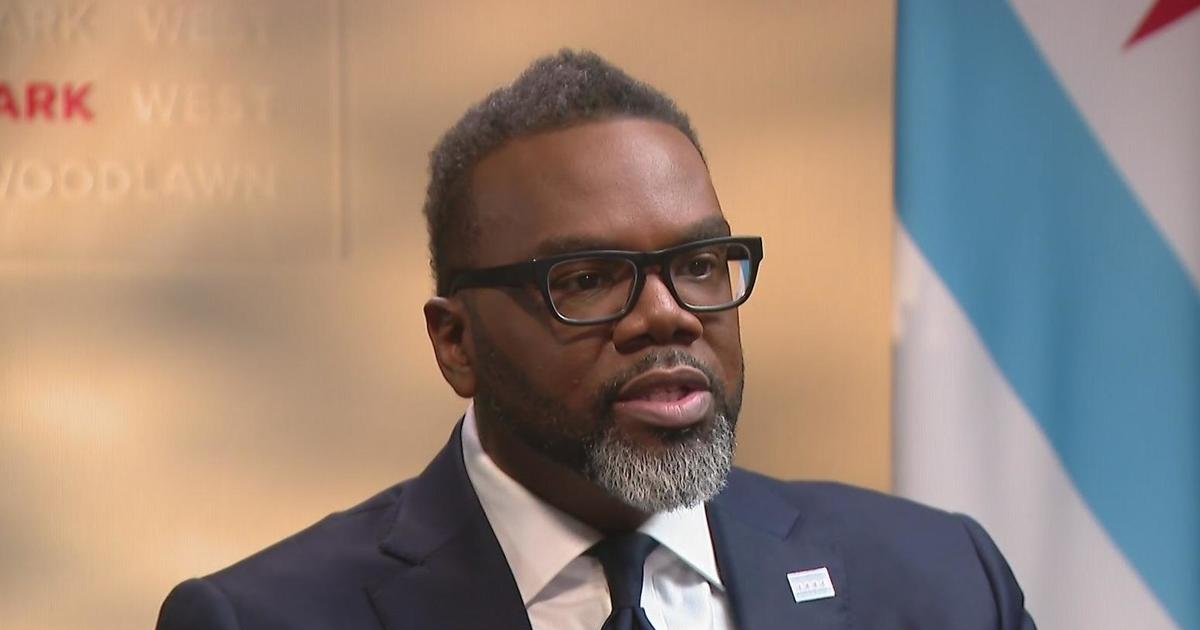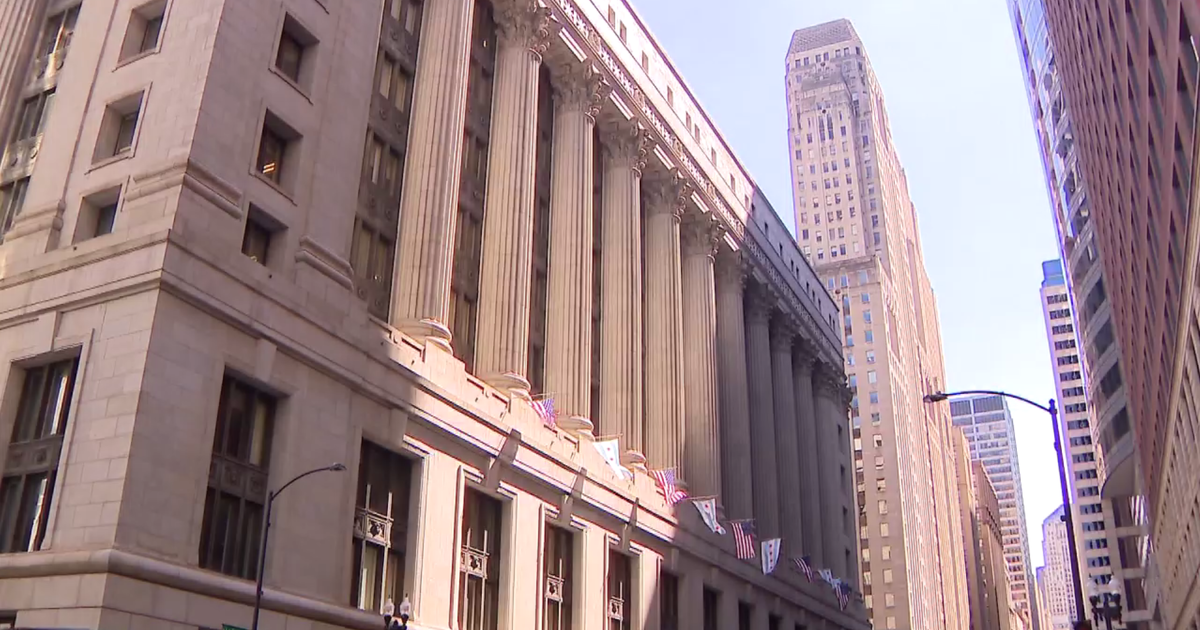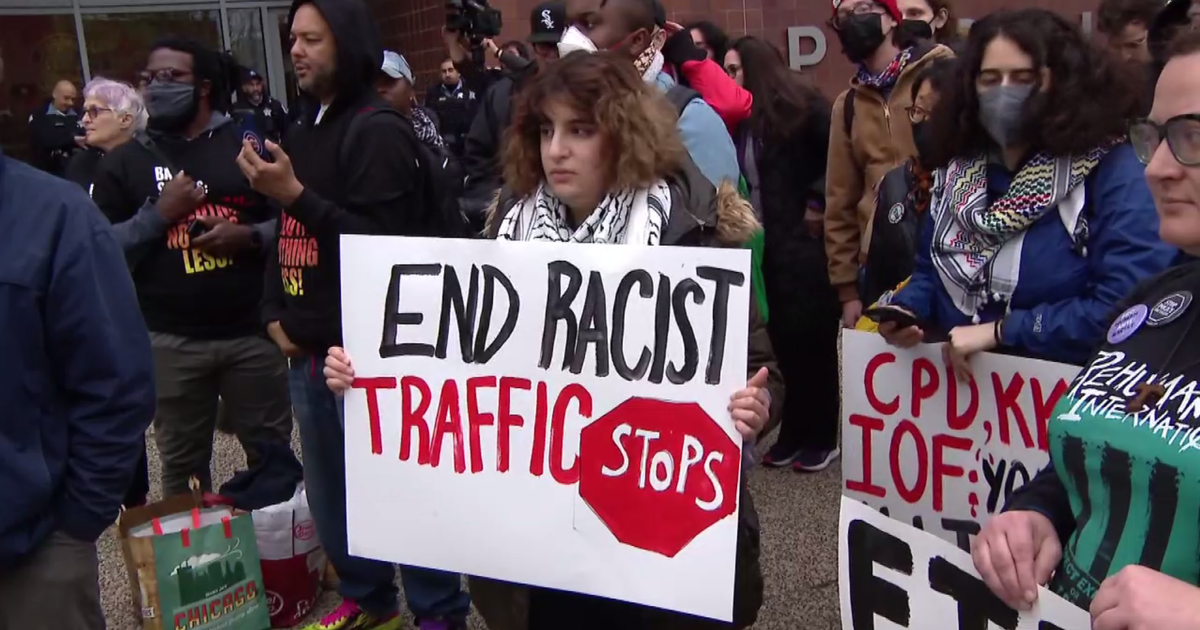Mayor Lori Lightfoot, Grassroots Coalition Announce Deal To Create Civilian Police Oversight Commission
CHICAGO (CBS) -- Mayor Lori Lightfoot and police reform advocates on Monday announced they have reached an agreement to establish a new civilian oversight agency for the Chicago Police Department, setting up a City Council vote this week after years of often heated debate.
"After a weekend of productive negotiations, we are pleased to announce that the parties have reached an agreement on a proposed substitute ordinance for civilian oversight of the Chicago Police Department, the Civilian Office of Police Accountability, and the Police Board. If passed, this ordinance would bring an historic, transformative and balanced approach to civilian oversight," Lightfoot and members of the Empowering Communities for Public Safety Coalition said in a joint statement on Monday.
The announcement of the deal comes after the City Council Public Safety Committee on Friday delayed a vote on competing proposals from the mayor and a coalition of grassroots activist groups, as aldermen announced a compromise was in the works. The mayor's office, aldermen, and activists then spent the weekend putting the finishing touches on a deal.
The ordinance would establish a new seven-member Community Commission for Public Safety and Accountability. It would also set up three-member councils in each of the city's 22 police districts, who would advise the commission and nominate its members.
The seven-member commission would be empowered to set policies for CPD, COPA, and the Chicago Police Board.
However, the mayor would be able to veto policies established by the commission, which could only be overridden by a two-thirds vote of the City Council.
The commission also would have the authority to hire the head of the Civilian Office of Police Accountability, subject to City Council approval; and to take a vote of no-confidence in the police superintendent or members of the police board, requiring a two-thirds majority from the commission.
If the commission were to approve a no-confidence vote against the superintendent or police board member, the City Council would hold a vote on whether to recommend to the mayor that they be fired – a recommendation requiring a two-thirds vote from aldermen. However, the final decision would still be up to the mayor, who would only be required to explain the decision in writing within 14 days of the council's vote.
In the future, when there is a vacancy for police superintendent, the commission would conduct a nationwide search for candidates, and present the mayor with a list of three finalists to choose from, essentially taking over the nomination process now in the hands of the Police Board.
While the commission would not have the direct authority to fire the head of the Civilian Office of Police Accountability, members could also hold a no-confidence vote for COPA's chief administrator, prompting a City Council vote on whether to remove the chief administrator by a two-thirds vote.
[scribd id=516467711 key=key-6sHDd3uaKqZf8smrPFEG mode=scroll]
If the civilian oversight plan is approved, an interim commission would be set up by next year, until a permanent board could be established in 2023.
The City Council Rules Committee would nominate 14 people for the seven commissioner positions, and the mayor would then appoint seven members to the interim commission – at least two each from the North, South, and West Sides.
In 2023, during the same election for mayor and City Council, voters would choose three members for each of 22 district councils in the Chicago Police Department's 22 districts. Those district council members would then nominate candidates for the Community Commission for Public Safety, and the mayor would appoint commission members from among the nominees, subject to City Council approval.
The commission also would have the power to:
- Seek input from the public and Chicago police officers regarding community relations, CPD policy, and the police accountability system;
- Provide feedback to CPD, COPA, the Chicago Police Board, and the public safety section of the Chicago Inspector General's office on their operations, based on community feedback;
- Publish public reports on policing;
- Assess the performance and set goals for the police superintendent, the head of COPA, and the Police Board president, including annual performance reviews;
- Recommend the public safety section of the Inspector General's office to conduct specific audits or research "on specific topics or issues, including emergent issues that, in the Commission's judgment, are needed to support public confidence in the Department and related criminal justice practices;"
- Recommend changes to the annual CPD budget proposal; and
- Identify and recommend to the City Council ways to increase the effectiveness and efficiency in the use of public safety resources.
The ordinance also would allow the commission to create a Noncitizen Advisory Council, to advise the commission on issues impacting immigrant communities, in particular undocumented immigrants.
The City Council Public Safety Committee is scheduled to meet at 5 p.m. Tuesday to consider the compromise. If approved in committee, the full City Council could vote on it Wednesday morning.
The announcement of a deal comes just days after aldermen put off a vote on competing civilian oversight proposals from the mayor and grassroots police reform activists.
Lightfoot and grassroots organizations have been at odds for months over how much power a civilian oversight commission should have, and both had offered competing ordinances.
However, it was clear last month that both sides were struggling to get the votes needed to pass their proposals, when the mayor's allies on the Public Safety Committee blocked a vote on the grassroots coalition's plan, even after sponsors greed to drop a provision that would have potentially set up an elected board with the power to hire and fire the police superintendent, set CPD's budget, and negotiate contracts with police unions. Meantime, Lightfoot pulled her own proposal from consideration last month.
More than a year ago, the City Council appeared set to approve an earlier version of a proposal to create an elected civilian oversight board, but the deal fell apart in a dispute over who should hold the final say on policy disputes.



